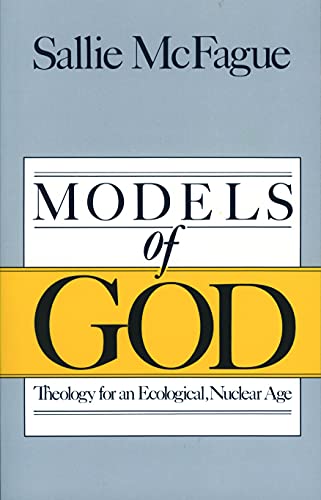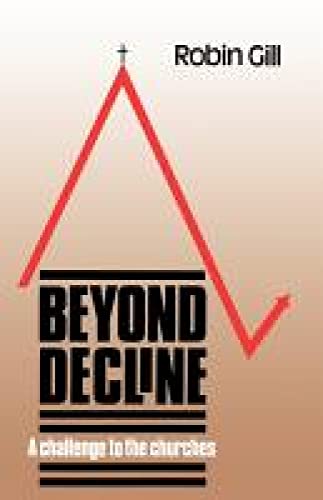This stimulating book is the eleventh title in Hodder’s ‘Jesus Library’ series. Power, its use and abuse, is a key issue in today’s world because of its relevance to the economic, political, marital and religious arenas. It is a subject encrusted with ideological slogans such as ‘power to the people’ and misleading religious jargon which tried to make Jesus too wealthy, too powerful or too militant.
The biblical foundation is laid with reference to the NT material and is focused on Jesus and his attitude to and use of power. ‘At every turn and in every detail Jesus revealed an utterly different kind of power. Because the theme of power is so central to everyday experience, to study Jesus and power is to study the everyday life of Jesus—and the way he both treated power of a worldly kind and exercised power of a non-worldly kind’ (p. 13).
In this way the subject of power is handled in a concrete, or rather incarnate, way and does not spin off into vague abstractions. Jesus is held up as our model. At the outset of his ministry Jesus was tempted by Satan. Each of the temptations involved some aspect of power and tested Jesus as to what kind of messiah he was to be. In an interesting way Prior shows that these same temptations came again and again to Jesus. For example, Peter tried to deflect Jesus from pursuing the path of suffering on the cross. Indeed, the way of the cross is the key to understanding Jesus’s exercise of power. In the seminal passage in Phil. 2 Jesus does not snatch at his rights; instead he takes the form of a servant who suffers and pours himself out in self-giving sacrificial love.
This perfectly correct emphasis becomes a repeated refrain of the book. For example, ‘true religious power is properly exercised when we behave towards one another on the pattern of God himself in Jesus—i.e. by becoming a servant, humbling ourselves and seeing true Christlikeness in terms of not grasping, in pouring ourselves out for others’ (p. 137).
The exposition of this view of power refutes those who would justify the use of violence by arguing that God sanctified violence because of the violence of the cross. Prior argues ‘… that the followers of Jesus, acting and speaking explicitly in his name as the Christian church, are not free to espouse any violent expression of power’ (p. 154). Allowance is, however, made for instances when individual Christians acting in the political arena may have to choose the lesser of two evils and resort to methods which fall short of Christ’s way.
In some sections of the church today the power aspect of the resurrection leads to mistaken attitudes to methodology, success and manipulation. A wrong doctrine of the resurrection suggests that Christians, as resurrection people, live on the other side of the cross and therefore overemphasize mighty works. While not denying the validity of signs and wonders, the author rightly places the emphasis of ‘power’ on the Spirit’s power to change lives so as to be like Jesus and resist the temptations to exercise power in purely human, worldly or even satanic ways. The resurrection of Jesus and the power of the Spirit vindicate the way of the cross for all time and for all believers.
There are occasions when the rapid survey of NT themes has led to a proof-texting approach devoid of normal exegetical controls. The broad sweep of necessity gives rise to generalizations in places, for example in unqualified statements about the malevolent Pharisees as a class. These minor reservations should not discourage anyone from reading this book. It could most profitably be used in small groups to discuss the implications of the teaching. In fact a study guide or at least a list of questions at the end of each chapter would be useful additions to this stimulating book.
Bill Houston
All Nations Christian College







